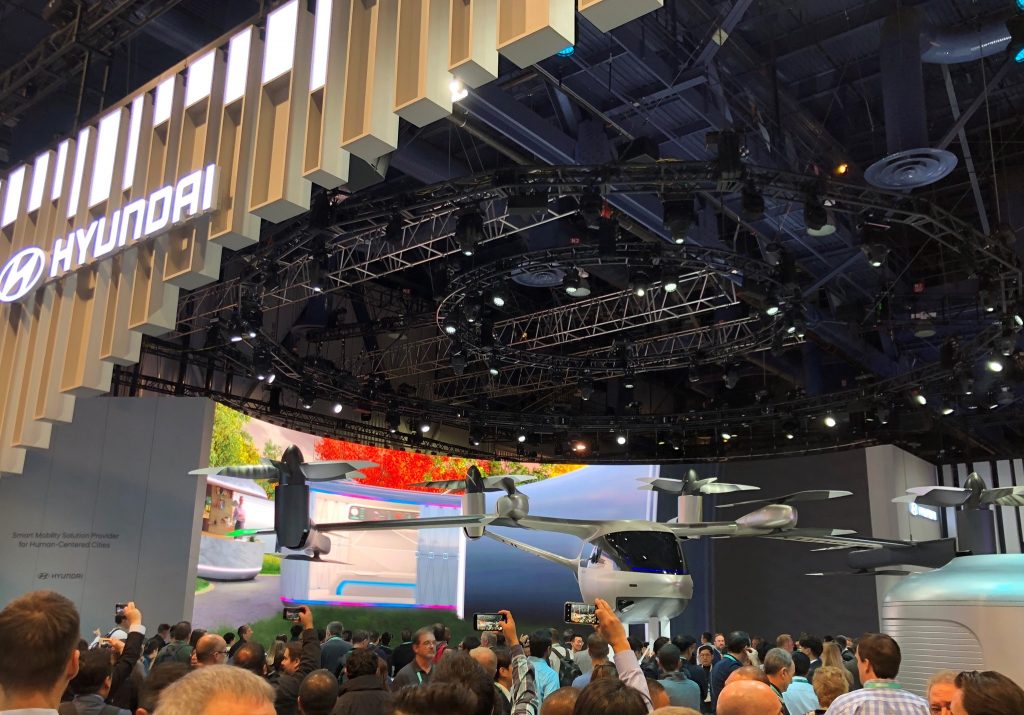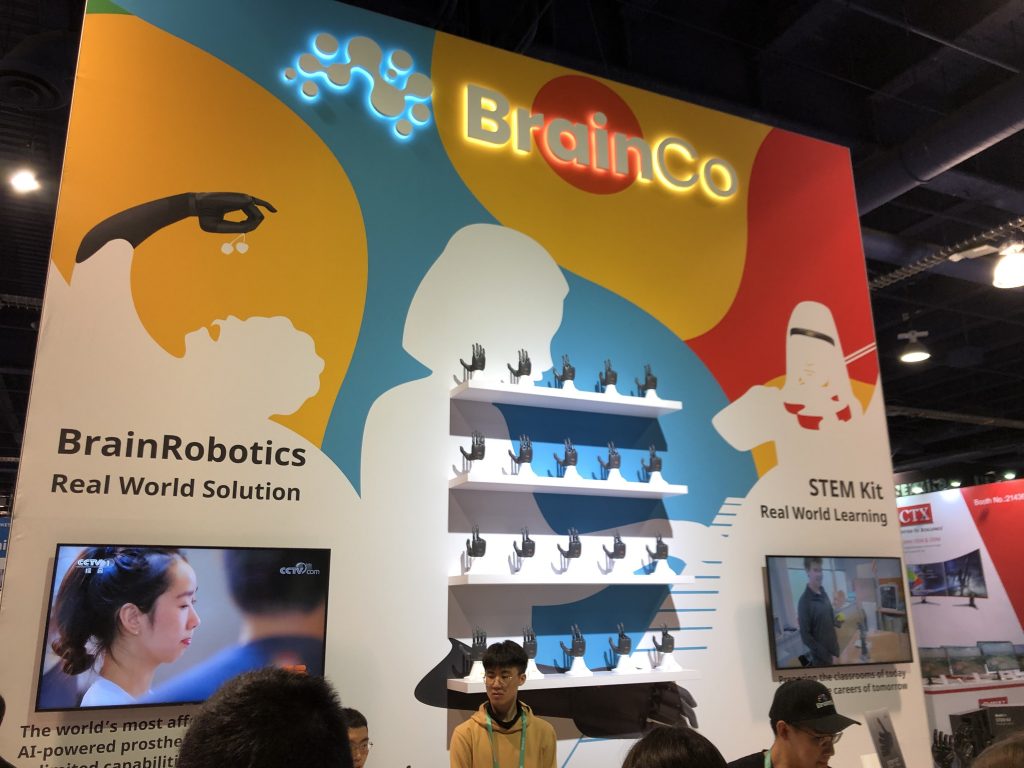As we discussed last week, we’ve learned that MobileXPRT 3 is crashing after installation on some Android 11 phones. We now know what is causing this behavior: changes to the storage strategy and permissions requirements in Android 11. The new file storage strategy is called scoped storage. By default, scoped storage restricts an app’s storage access to app-specific directories and media, and prohibits general access to external or public directories. This default setting requires an opt-in permissions prompt that MobileXPRT 3 does not currently have. It also prevents third-party apps such as email clients or file managers from being accessing MobileXPRT 3 results files.
To fix this, we are planning to rebuild MobileXPRT 3 to (1) point all of the benchmark’s file references to its private directory, and (2) allow users to zip results files and attach them to results submission emails. While we do not expect that either of these changes will affect performance results, we’ll perform testing to confirm this before we publish the new build.
We don’t expect these changes to take too long, and will keep you updated here in the blog. If you have any questions about the update process or MobileXPRT 3, please let us know!
Justin















